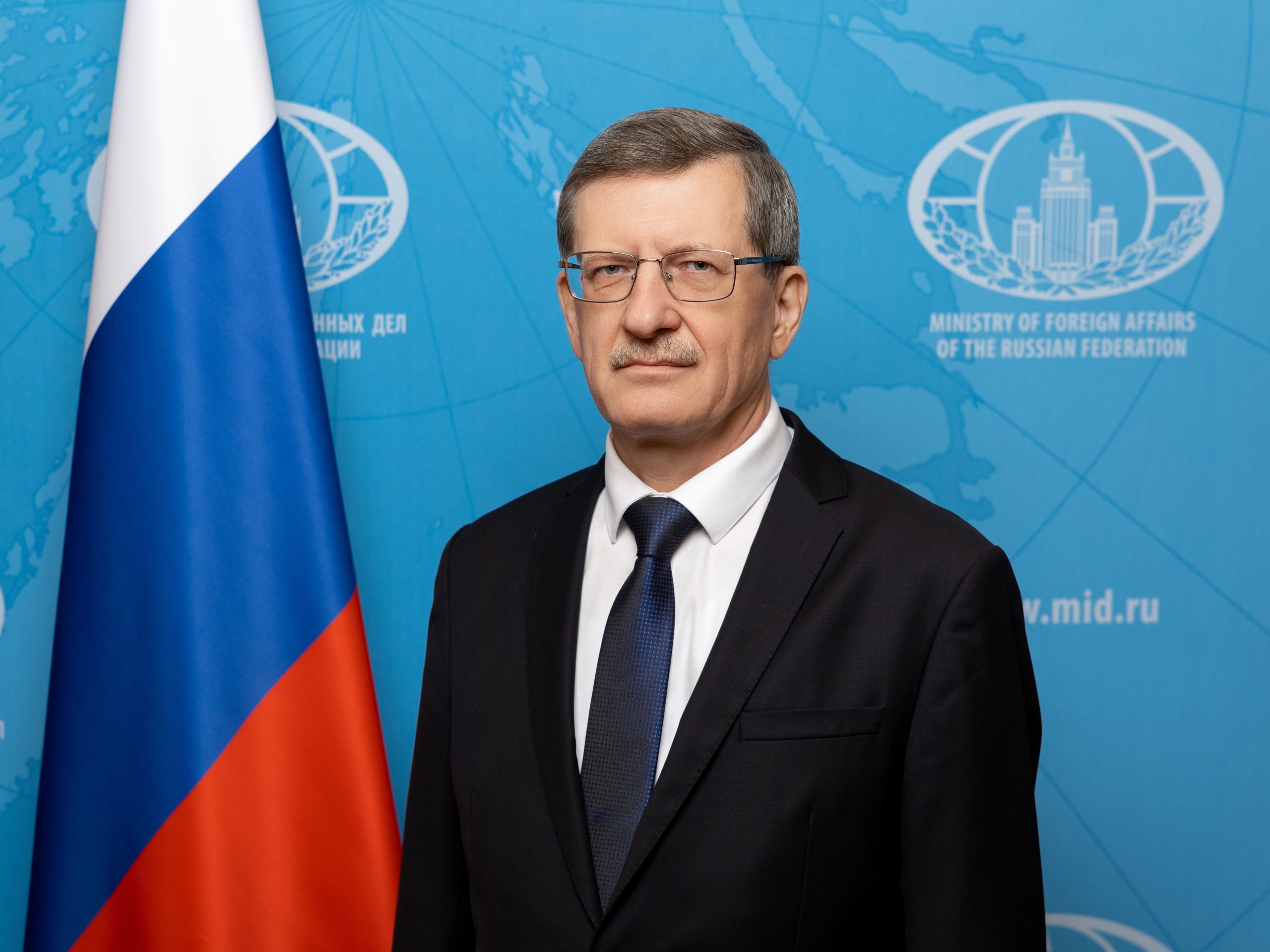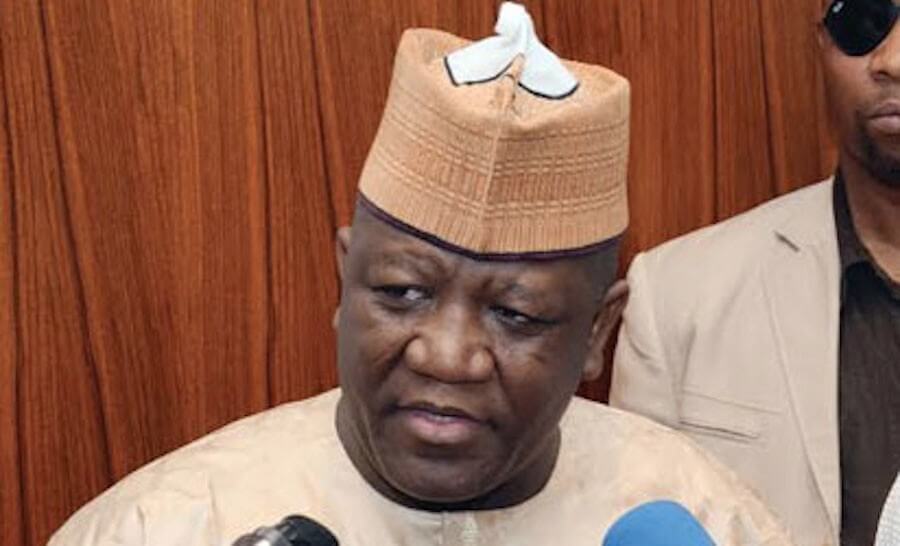
Oil reserves plummet to 36.9 billion barrels as of January 2023
Investment in the upstream segment plummeted by 74 per cent between 2014 and 2022, the Nigerian Upstream Petroleum Regulatory Commission (NUPRC) said in Abuja, yesterday.
Chief Executive of the Commission, Gbenga Komolafe, who disclosed this at the Nigeria International Energy Summit, said over $27 billion was invested in the sector in 2014, but this went down to as low as $6 billion in 2022.
According to him, increasing competition from regional peers has led to decrease in proportion of the overall upstream investment attracted by Nigeria.
“Most of the international oil companies deprioritised Nigeria in their portfolios, leading to redirection of capital expenditure to other countries and attendant dwindling investment in Nigeria’s upstream sector.
“This under-investment is also reflected in the country’s rig count. On average, Nigeria had 17 active oil rigs in 2019, representing one of the highest counts on the African continent as at then. Nigeria’s average rig count declined to 11 in 2020, seven in 2021, 10 in 2022, but recently grew to 24 in April 2023, a positive signal of new investments trickling into the country.
“This is also a reflection of investors’ acceptance of effective implementation of the Petroleum Industry Act (PIA) by the regulator. In contrast, other OPEC member countries, such as Iran, Iraq, Algeria, Libya, Angola, had 117, 62, 31, 12 and nine active rigs, respectively, as of February 2023, as against Nigeria’s rig count, which stood at 13,” Komolafe said.
With the boom in the oil sector, Komolafe said there is need for Nigeria to leverage on the opportunity by doing all that is necessary to attract more investments and revive the upstream sector.
He stressed the need for oil and gas producers in Africa to embrace the reality of green transition and take strategic position to leverage opportunities presented by the unfolding era.
Komolafe called for climate action initiatives targeted at emissions reduction, while ensuring that opportunities arising from increasing demand for credit in Voluntary Carbon Markets do not elude Nigeria.
He said: “In response to dynamics of the energy transition and the global footprint, the NUPRC, as the industry regulator, has embarked on development of a regulatory framework for carbon-pricing system, to make businesses pay for their emissions and incentivise emission reductions through carbon credits.
“Accordingly, the Commission has risen to the occasion by establishing a new department, ‘Energy Transition and Carbon Monetisation’, saddled with regulation of the oil and gas carbon market and we will soon revert to the industry on proposed actions and measures in this regard.”
He added that the country’s oil reserves declined to 36.966 billion barrel as of January this year, due to lack of investment in exploration. Gas reserves, according to him, stands at 208.83 trillion standard cubic feet.






